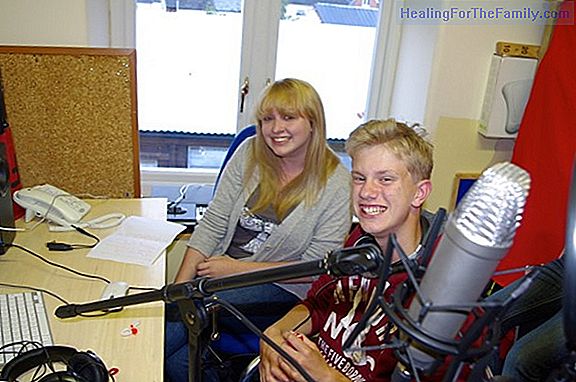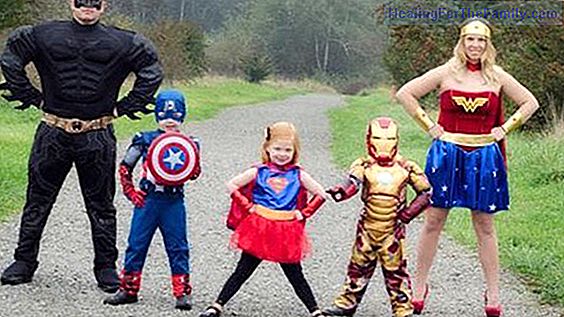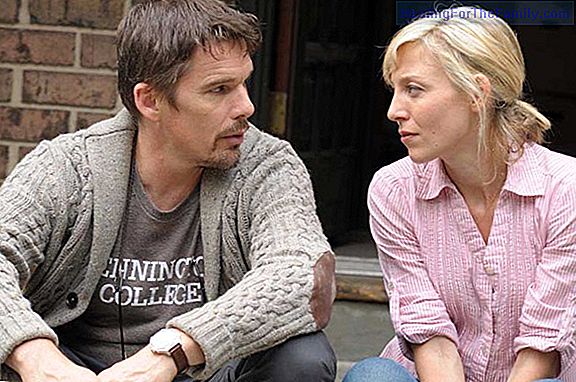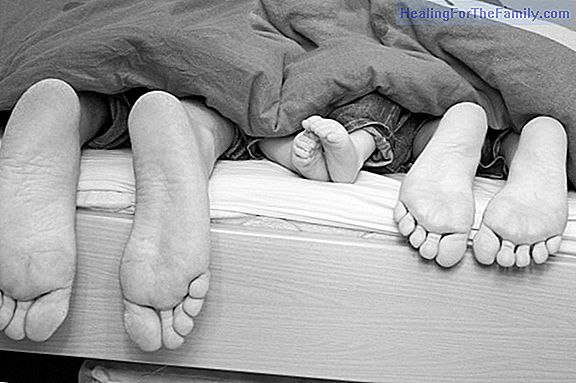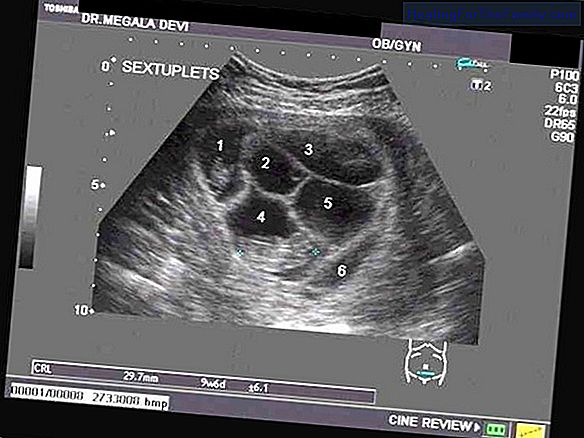The 10 most frequent questions of parents about lice
There are many doubts and many myths related to prevention and treatment to eliminate lice and nits. And it is very normal that these issues go through the heads of the parents when they perceive that in the hair of their children there are lice and nits. What to do in these moments? How to remove l
There are many doubts and many myths related to prevention and treatment to eliminate lice and nits. And it is very normal that these issues go through the heads of the parents when they perceive that in the hair of their children there are lice and nits.
What to do in these moments? How to remove lice and nits? Does my child have lice because it lacks more hygiene? These are some of the many questions that parents tell us.
Lice do not appear due to lack of hygiene
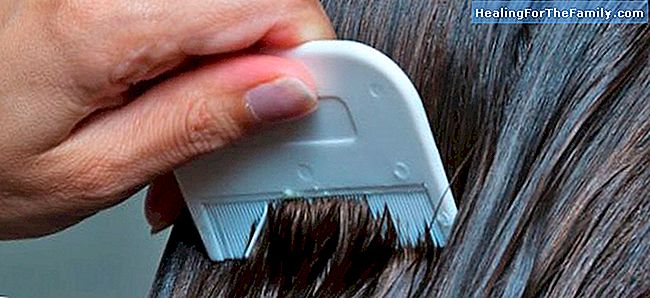
1. How do lice get infected?Lice do not appear because the child does not wash their head properly. The lice appear by contagion from an infested head to another healthy head, moving quickly (and not flying or jumping as you think) or through the act of sharing objects such as combs, hats, hats, brushes, clothing, etc.
2. Can a lice infestation be prevented?Yes. The best way to prevent the occurrence of lice is to keep a watch on the children's heads. It is important, especially when there is an outbreak of lice in the child's school, that their heads are inspected carefully, if possible using a nurse. Lice repellents are also very effective in this regard.
3. How to know if a child has lice?The first sign that can tell us that the child has lice is when the child complains continually that his head itches and that for this reason he scratches it insistently. The next sign is when the head is inspected and the presence of lice and / or nits is noted.
4. Why is it said that lice should be detected as soon as possible?Lice are very annoying because they cause a lot of itching on the children's heads. When scratching continuously, irritation and even inflammation of the scalp can occur. In addition, if it takes to detect lice, a massive infestation can occur which, the longer, the more difficult it will be for the parents the result of the treatment.
5. If one child has lice and the other does not, what care should I have to avoid new lice infestation?First, contact of the children's head should be avoided. Then, inspect clothes, as well as towels, hats, etc., that they may have shared. Whenever possible, the clothes of the infested child should be washed at a temperature higher than 60 degrees. As for the toys and stuffed animals of the infested child, they must be sealed in a bag for 48 hours. The lice will die by suffocation. As for the combs, hairpins, brushes, it is best to submerge them in boiling water.
6. Does the child have to stop going to school because of the lice?There is no reason why the child can not go to school. Once the treatment is done, the child can go to school. It is important that parents notify the school of their child's case, to avoid further contagion.
7. Why do we have to repeat the treatment?It is very important to repeat the treatment to ensure that all lice and nits were removed. It may be that in the head of the child has been a nit and that is enough to be born and reproduce more lice.
8. When can you say that a treatment is complete?A treatment is considered complete when all its stages are obeyed. In general, the treatments consist of the application of a lotion (10 to 15 minutes) with a cap on, then washing the hair with a special shampoo (for 3 to 5 minutes) and the hair rinse. After leaving the hair to dry in the open air, without a dryer, use the nurse to remove the dead lice and nits.
9. Are lice more common in boys or girls?Lice have preferences for girls' hair, not because they are longer, but because of the games they usually do, where they are closer and more hugged, and share more objects such as hairpins, hairpins, combs, etc.
10. Why do lice return?Lice can come back for two reasons. First, because the treatment has not been applied as it should have been, that is to say, that the parents have not strictly followed everything requested by the product prospectus. Second, because there are children who are more predisposed to have lice because of their blood composition. The same goes for mosquitoes, which go more to some people than others.
If you want to know more about lice we have prepared a series of videos of lice and pediculosis with an expert who will give you a lot of information


